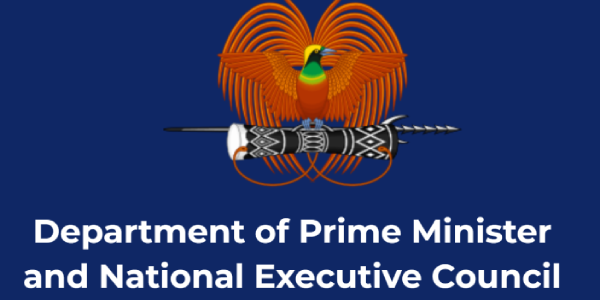PAPUA NEW GUINEA – the largest of the Melanesian countries once described by Australia as the Pacific’s arch of instability – has explained why it gives conditional support for Japan’s decision to dump radioactive nuclear wastewater into the Pacific Ocean.
Port Moresby’s position in supporting Tokyo was revealed in a confidential National Executive Council (NEC) or Cabinet paper dated 23rd June 2023.
Pressure is mounting on the International Atomic Energy Agency (IAEA) and Japan to stop the planned disposal. Japan plans to discharge some 1.3 million tons of the radioactive wastewater into the Pacific Ocean over the next 30 years.
Solomon Star has sighted a copy of the 12-page Submission which appeared on the official letterhead with the PNG emblem on it. It was marked ‘confidential.’
The Submission was prepared on the instruction of Prime Minister, James Marape, who also was acting Foreign Affairs Minister at the time.
The subject of the comprehensive submission is, PNG’s position on the Japanese disposal of radioactive contaminated wastewater from the Fukushima Daiichi Nuclear Power Plant into the Pacific Ocean.
The purpose of the Submission, among other things, is to:
- inform the National Executive Council [NEC] of the current status of the information regarding the Japanese Government’s decision to dispose radioactive waste from the Fukushima Daiichi Nuclear Power Plant in the Pacific Ocean;
- Inform the NEC of the implications regarding this matter and current discussions between Japan, regional parties and the international community;
- Seek NEC approval for PNG to support Japan’s decision to discharge the radioactive wastewater into the Pacific Ocean; and
- Seek further directives from the NEC as may be necessary.
“PNG’s support of Japan’s decision takes into account the regional positions (based on the outcomes of the Pacific Islands Forum Special Leaders’ Summit in February 2023) and global concerns and the wide range of expert advice regarding the long-term impact of this decision as it applies to the nation as a maritime country in the Pacific region and as a part of the global community. These concerns are clarified in relevant sections of this document,” the Cabinet submission said.
The paper also noted reports that “Japan will spend USD300 billion to support its local economy and export of marine food products.”
Having considered the background, implications of Japan’s decision and IAEA’s position, the Cabinet submission concluded that it:
- Note the contents of this NEC (Cabinet) Submission;
- Approve for PNG to support Japan’s decision to discharge radioactive nuclear wastewater into the Pacific Ocean;
- As a condition of (ii), agree on and enter into a formal agreement with the Japanese Government to build the national scientific capacity in human resources training, knowledge and skills transfer, infrastructure and equipment to monitor long-term impact of the discharge on the ocean and marine life;
- Issue any other directions Cabinet deems appropriate
The Cabinet submission also noted the long-term health and food security issues for Pacific Island Countries (PICs) whose daily household and national revenue is dependent on the ocean.
“The discharge posses[ses] food security, economic and long-term environmental risks for the PIC population in its entirety and must be addressed with caution.
“It is therefore, only fitting that the Pacific have a strategy for working with scientific bodies that can continue to verify these assessments for the duration of the discharge.
“The region should resolve from merely supporting Japan’s plan, to establishing a common understanding in a mutual agreement on the condition that Japan help enhance the skills, capacity and infrastructure of the region to monitor the impact of the discharge on the health of the ocean and marine life,” the Submission said.
“This understanding must be reached by regional leaders to hold Japan accountable in the next 30 – 40 years.”
By Alfred Sasako









